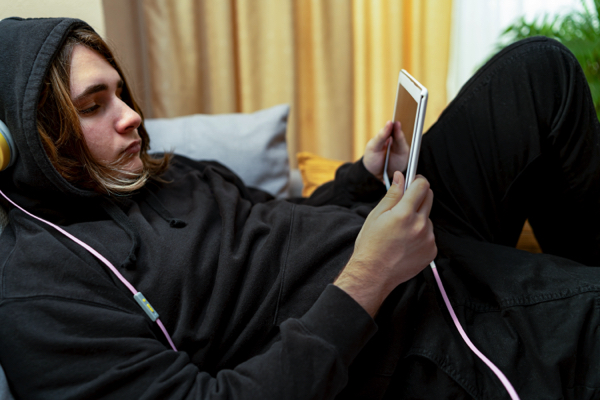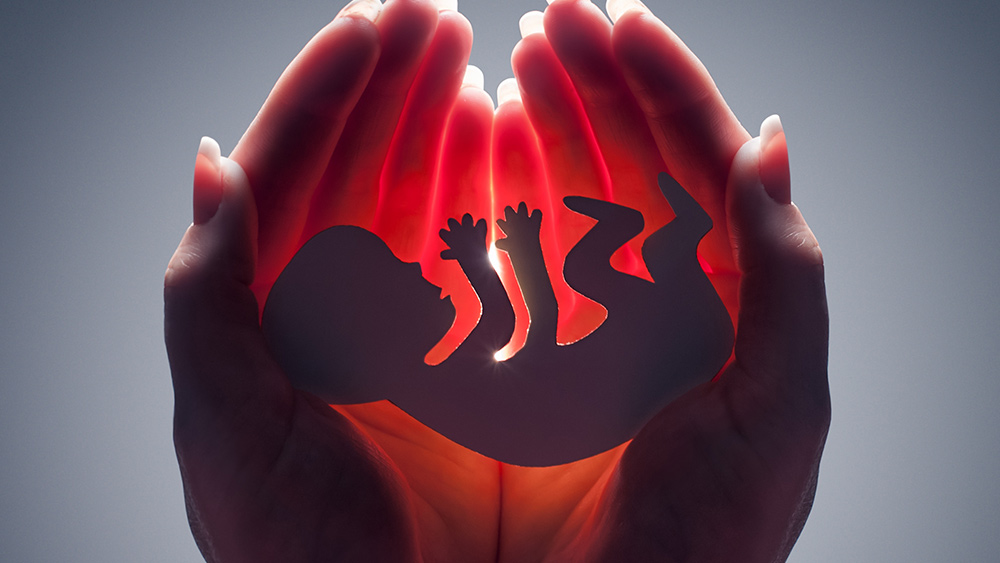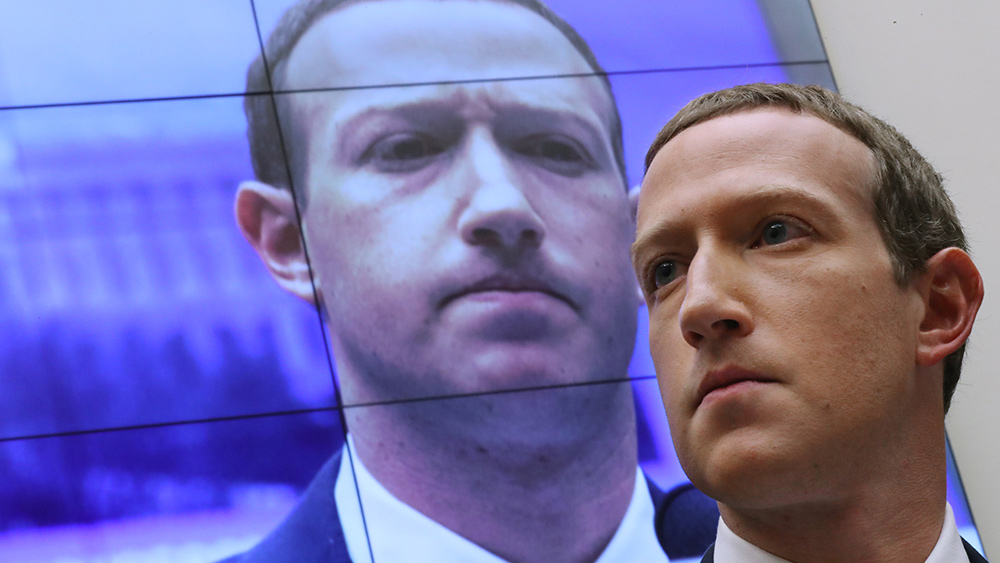 Parler
Parler Gab
Gab
How smartphone addiction affects mental health
Recent findings reveal a concerning link between excessive smartphone use and serious mental health issues. Teens who spend more than three hours daily on social media face an increased risk of developing mental health issues, especially those related to internal stress and anxiety. Research from JAMA Psychiatry, which studied nearly 6,600 U.S. adolescents, suggests that boosting media literacy, limiting social media time and redesigning social media platforms could help alleviate these mental health issues. A study published in the Canadian Medical Association Journal consolidates evidence from numerous research efforts – showing that heavy smartphone and social media use is associated with greater mental distress, self-harm and suicidal thoughts among young people. This effect is particularly pronounced in girls and follows a pattern where more screen time correlates with more severe problems. Experts also point out that social media negatively influences teenagers' self-esteem and their relationship with others. Problems, such as cyberbullying, social comparison and the glorification of self-harm and suicide are prevalent. Furthermore, heavy smartphone use and multitasking contribute to chronic sleep issues – impacting academic performance, cognitive abilities and emotional stability. San Diego-based psychologist Dr. Jean Twenge and her colleagues have documented a significant rise in anxiety, depression and loneliness among American adolescents. Her latest research shows that high school seniors now spend about an hour less each day engaging in face-to-face social activities compared to their peers from the 19080s. This decrease in personal interaction – such as attending social events, dating and spending time with family – correlates with increased feelings of loneliness, especially since smartphones have become widespread. Visit Mental.news for more stories about social media and smartphone use and mental health. Watch this video from SciShow discussing how people can overcome FOMO and lessen their social media addiction. This video is from the Daily Videos channel on Brighteon.com.More related stories:
Study: Teens with "problematic smartphone use" more likely to experience anxiety and depression. Are you feeling down? A digital detox can help improve your well-being, says experts. The link between social media and depression: How to care for your mental health. Mobile devices rewire your brain, turning you into a reward addict who craves more food. The miserable generation: Smartphones make children unhappy, screen time should be limited to 2 hours per day, study finds. Sources include: StudyFinds.org ScienceDirect.com SWNSDigital.com JAMANetwork.com NCBI.NLM.NIH.gov PsychologyToday.com Brighteon.comMost of today’s vaccines are developed with ABORTED FETAL CELL LINES – Here’s the full list
By Lance D Johnson // Share
Arrest of Telegram founder reveals the real totalitarians are Western countries, not Russia
By Belle Carter // Share
UN and WHO coordinate massive POLIO vaccine experiment on 640,000 displaced Palestinian children
By Lance D Johnson // Share
Zuckerberg admits Biden admin pressured Meta to CENSOR content
By Ramon Tomey // Share
Governments continue to obscure COVID-19 vaccine data amid rising concerns over excess deaths
By patricklewis // Share
Tech giant Microsoft backs EXTINCTION with its support of carbon capture programs
By ramontomeydw // Share
Germany to resume arms exports to Israel despite repeated ceasefire violations
By isabelle // Share










